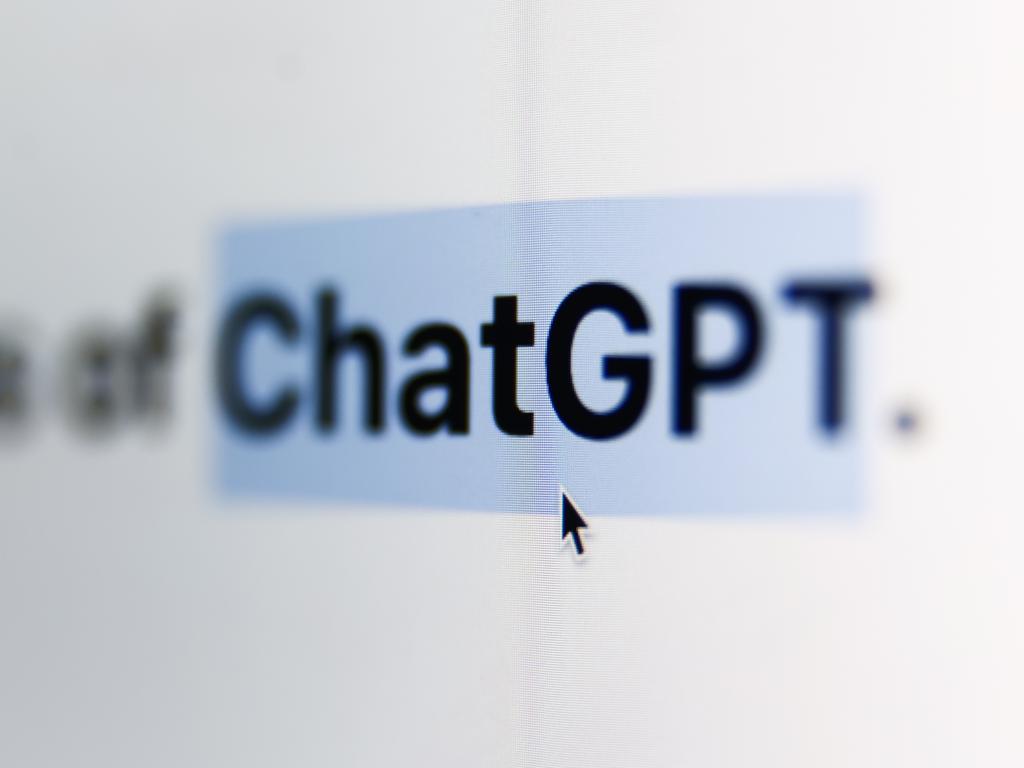AI like ChatGPT will free us from the drudgery of repetitive work


ChatGPT is a freely accessed program that engages in humanlike conversation. It can reportedly compose music, write poetry, answer test questions and write student essays.
There are concern that such AI software will erode confidence in the education process and replace some knowledge workers – especially in well-remunerated occupations such as management consulting, which involves data analysis and the writing of reports.
The fear of job losses prompted by social and technological change is a familiar story. In the late 1960s there were concerns that women entering the workforce would take men’s jobs. But it increased household spending and lifted the overall standard of living; we’re a richer, more productive society as a result.
In the 19th century the Luddites protested the use of newly-developed machinery in England’s textile industry; in 1830 the Swing Riots galvanised farm labourers in England to protest the introduction of threshing machines that separated grain from husk at harvest.
ChatGPT is not perfect – but it’s a start. It’s the first AI software, I think, to have successfully penetrated mainstream media. Even I feel inspired to write about it! And the evolution of technology is littered with flawed but important first steps. Consider, for example, the battle for supremacy between Betamax and VHS in the 1980s: VHS won, but soon enough it was superseded by CDs – which in turn were superseded by streaming technology. And telephone answering machines were made redundant by the advent of voicemail and by the phenomenon of texting. I wonder if the skill of physically texting will be obsolete by 2030.

I asked ChatGPT to write 700 words on the rise of ChatGPT in the style of Bernard Salt. It didn’t talk of the Swing Riots or of Luddites or of the Betamax-versus-VHS battle. It spelled the word analyse with a “z”. It started paragraphs with phrases such as “First of all...” and “In addition...”. I would never begin a sentence, much less a paragraph, like that! There is even a paragraph that begins “Another exciting area where AI can have a positive impact…” This is not my phrasing. To use the word “exciting” in this context is self-serving. I would provide compelling evidence of excitement to enable others to come to this logical, inevitable conclusion.
But then in the final line of this AI-generated prose, ChatGPT redeems itself by saying something that I would say. It says “Change can be scary, but it can also be exciting.” I wouldn’t use that wording precisely, but I agree. Change can be scary; the idea of retraining and reskilling is confronting.
While ChatGPT may not be the program that replaces knowledge worker jobs en masse, it is undoubtedly a prototype for something far more effective. In due course a better concept will surface, prompting workers to adapt to a new world where AI is simply another tool for efficiency that helps to release humanity from the drudgery of repetitive work.






Late last year the US artificial intelligence group OpenAI launched a “chatbot” that is now taking the world by storm. ChatGPT acquired a million subscribers within five days and is currently valued at tens of billions of dollars.